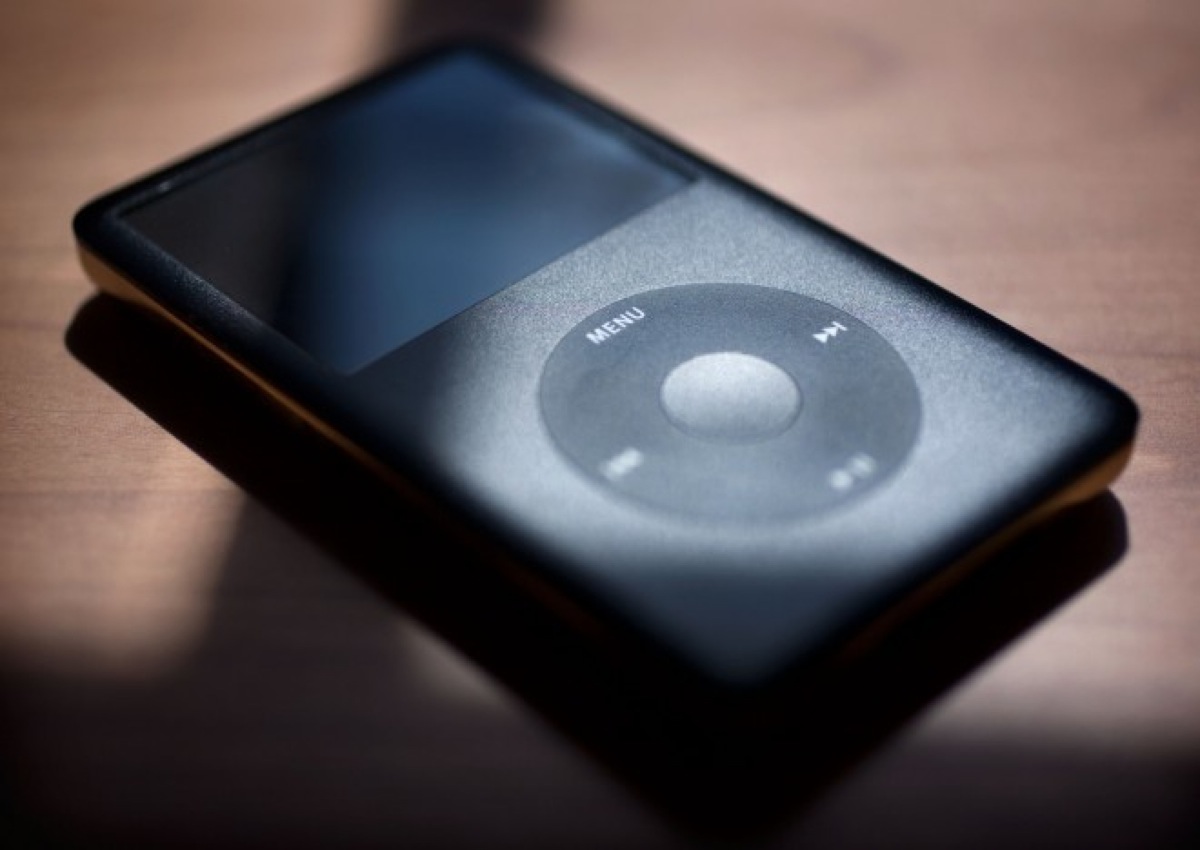
Apple to Appear in Court on November 19 Over iPod Antitrust Lawsuit
A federal judge has ruled that Apple will have to face a trial over accusations that they used digital rights management (DRM) to maintain a lead in the digital music market. According to a report from The San Jose Mercury News, the federal court trial is set to begin on November 19.
US District Judge Yvonne Gonzales Rogers recently denied Apple’s motion for a summary judgement in a long running case, which moves the lawsuit to the trial phase. The ruling handed down last week is the latest development in a case that dates back to 2005.
Apple allegedly created a monopoly in the digital music space by implementing FairPlay DRM protocols which essentially locked all iPod users into the iTunes ecosystem. The case involves RealNetworks’ “Harmony” technology which is a workaround for FairPlay DRM that allowed customers to purchase music from their store and place the music on their iPod.
“Following numerous court rulings, the trial involves millions of iPods sold between 2006 and 2009, the last year Apple installed an iTunes update that consumer advocates say was designed to stifle competition. The higher cost for consumers, plaintiffs lawyers argue, does not center on higher charges for an iTunes song — they instead will urge the jury to punish Apple because they say the software updates restricting music libraries held the public hostage to higher priced iPods when they could have bought cheaper MP3 players.
As a result of changes, Apple does not face the prospect of an injunction that would affect current iPod and iTunes practices. But the case delves into an unsettled area of antitrust law, according to legal experts.”
In the event that the antitrust violations are proven, the damages could exceed $1 billion. Herbert Hovenkamp, a law professor at the University of Iowa, said:
“I think it’s going to be hard to prove damages. But it’s possible. It’s gotten this far, and the judge has a lot of tools for getting rid of an antitrust case.”
Apple’s lead attorney for consumers in this case, Bonney Sweeney, said that the case is important because any time a company tries to maintain a monopoly by anticompetitive conduct it will end up increasing the cost for consumers.
Do you think Apple is being fairly accused of creating a monopoly through iTunes Music Store DRM? Let us know in the comments below.


